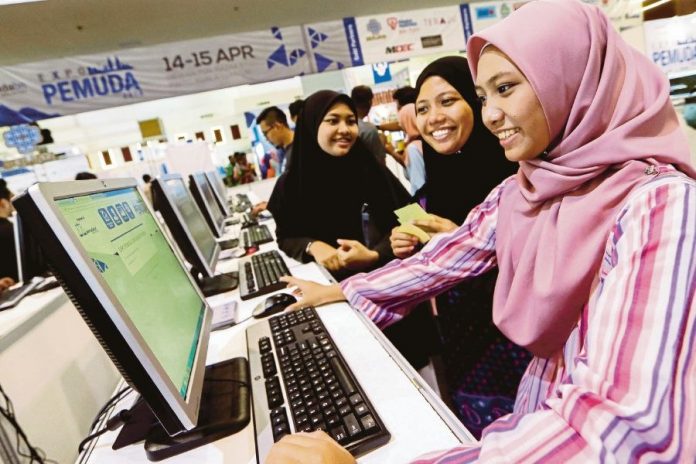Organisations in Malaysia embracing Diversity & Inclusion as more women hold line manager roles
The number of women in line management roles in Malaysia is higher than in other key Asian markets, according to research carried out by recruitment experts Hays. A survey carried out in March and April this year, which formed the basis for the research, revealed 46 per cent of respondents in Malaysia report to a female line manager – an improvement on last year’s result of 43 per cent.
The research found Malaysia had the highest proportion of respondents reporting to a female line manager followed by Singapore (45 per cent) Mainland China (44 per cent), Hong Kong (31 per cent) and Japan (28 per cent).
“There is huge emphasis at the moment onto supporting women’s careers and driving female success and in recent years, there has been a notable increase in the number of diversity initiatives within both private and public sector organisations” said Tom Osborne, Managing Director of Hays Malaysia. “Diversity and inclusion (D&I) is critical to coping with Malaysia’s expected ‘ageing workforce’ in the next decade as well as having managers and leaders that better reflect an organisation’s customers”. “Changing societal norms also mean more women than ever want to build substantial careers so Malaysia is better placed that other countries/regions in the region by alleviating the risk of a brain drain due to the importance many organisations hold D&I in,” he says. “It should be noted that D&I is about a range of diversity – not just gender. Industries across Malaysia need people who can look at problems in new ways so recruiting and retaining people of all ages, backgrounds and life experiences is key.”
The research found 37 per cent of respondents in Malaysia vs 32 per cent across Asia believe employees of equal capability have equal access to career opportunities regardless of age, disability, ethnicity, gender, family commitments, marital status, race, religion or sexuality. Another 36 per cent in Malaysia vs 37 per cent across Asia believe access to career opportunities in their organisation was ‘somewhat equal’.
“Human resources teams have been doing most of the heavy lifting when it comes to diversity but it’s becoming clear that senior leadership teams in Malaysia have been championing D&I and are well versed in the bottom line benefits and consequences involved,” said Tom. “We hope those championing D&I in their organisations will make use of our 2018 results to move D&I even higher up the business agenda,” said Tom.
Other findings of the 2018 Hays Diversity & Inclusion – Asia report include:
• 48 per cent of respondents in Malaysia believe their organisation seizes every opportunity to create a work culture that is more diverse and inclusive compared to an average 39 per cent across the region.
• 53 per cent work in Malaysian organisations that actively promote flexible work practices for working parents compared to 40 per cent across the region.
• 48 per cent of respondents in Malaysia have access to mentors at work compared to 40 per cent across the region.
• 57 per cent of survey participants in Malaysia say the daily behaviours of their leaders align to organisation’s values compared to 56 per cent across the region.
• Respondents in Malaysia believe the three top areas where D&I has the greatest impact in the workplace is ‘company culture’, ‘leadership’ and ‘innovation’. This was also the consensus across Asia.
Source: Hays




















